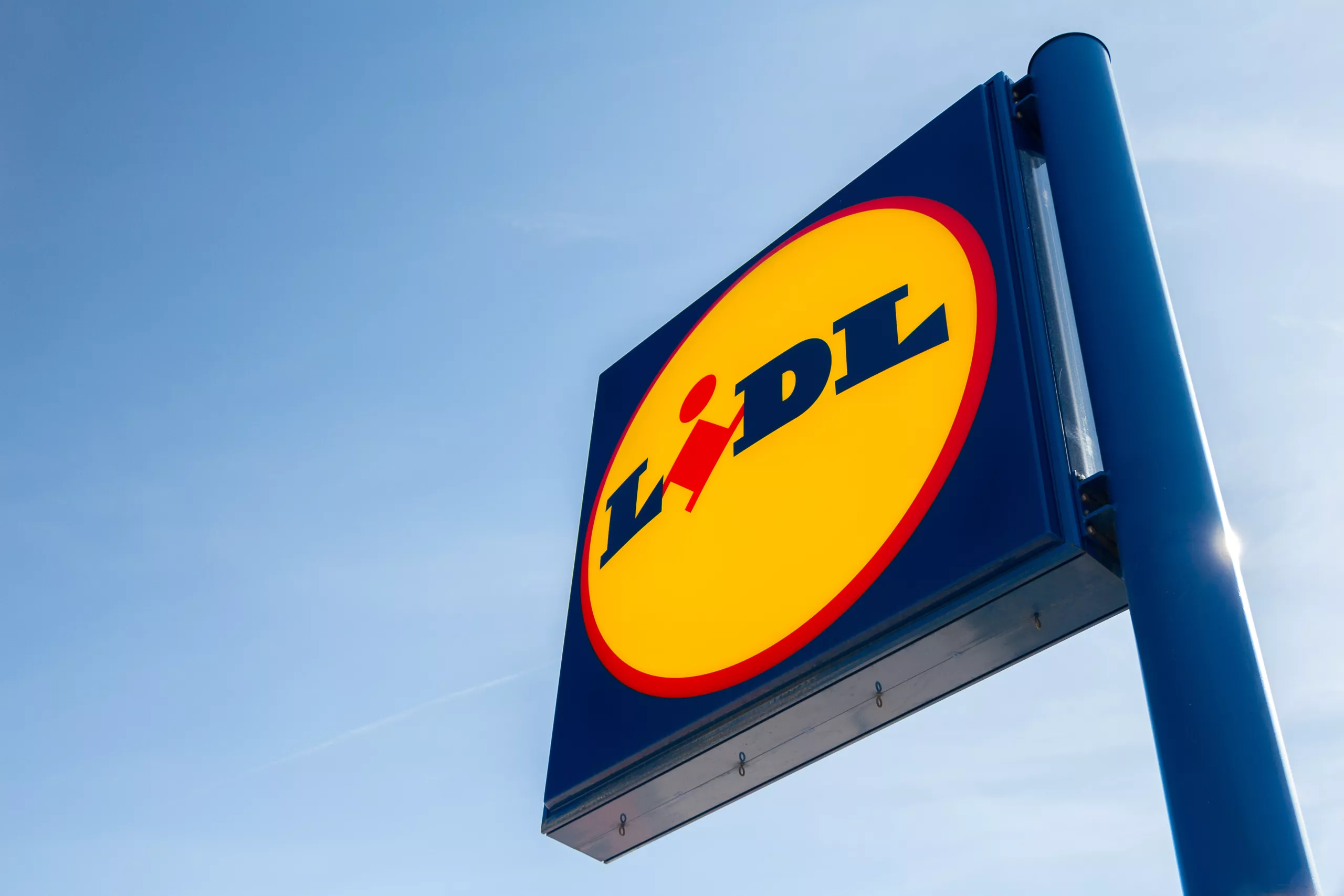On Friday, 16th September 2016, Apple launched the iPhone 7 and the iPhone 7 Plus in 28 different countries. However, most people who planned on buying the much anticipated new version of the iPhone were left disappointed – it had sold out at pre-order stage.
No matter what you think of Apple, you have to acknowledge that they arguably have the best product launch strategy of any company in the world. Most businesses can only dream of having a new product completely sold out before launch day.
Everyone, everywhere knows months in advance when a new version of the iPhone is about to come out and this is not by accident. The late Steve Jobs was a master at earning media attention for corporate events and product launches. Judging from the queues outside Apple Stores around the world over the last fortnight, his magic formula is still paying big dividends for the company.
Launching a new product or service in the right way is key to meeting sales and revenue targets, year on year. It takes careful planning and consideration. Not only does your product have to be market ready, you have to ensure all parts of your business, from the sales department, distribution and delivery to invoicing can cope with the initial demand and thereafter. The fact is, your product or service may be the most exciting thing to happen since the invention of the wheel, but if retailers are not confident that you have the systems in place to deliver their orders, they will be reluctant to work with you.
It is also vital that companies have all the legal aspects of their product launch in order well before launch day. Such legal aspects include some of the following key aspects:
- IP rights;
- Agency and/or distribution agreements;
- Cross-border trading considerations, etc.
Touching upon each briefly…
IP Rights
Before you take your new product to market, ask yourself, “have I protected my intellectual property?”. If you’ve invented a completely new product or completed a revolutionary design, it is imperative that you ensure your ideas are not used without your permission.
Patents
To apply for a UK patent, you need to apply to the Intellectual Property Office. To successfully obtain a patent, amongst other considerations, it is imperative that your invention is completely new, original and involve an inventive step. It is a good idea to instruct a solicitor to register a patent for you as the process can be lengthy and complicated. Your lawyer will organise the necessary searches that must be undertaken to ensure your intervention has not already been patented elsewhere.
You need to consider what countries you wish to protect your invention in. There is no such thing as a global patent; a patent registered through the UK Intellectual Property Office will only apply in the UK. However, applications for patent protection in several different countries at once may be made using the European Patent Convention (EPC) or the Patent Cooperation Treaty (PCT).
Design Rights
A ‘design right’ automatically protects your design for 10 years after it was first sold or 15 years after it was created – whichever is the earliest. It protects your design from being copied by someone else. Design rights are registered at the UK Intellectual Property Office and you can apply for a Registered Community Design covering the whole of the EU. Applicants can also use The Hague System for the International Registration of Industrial Designs to apply for a design right in a number of different jurisdictions at the same time, through a single application
Agency and distribution agreements
Most businesses do not have the resources to launch new products into all the markets they want to cover. Using an agency or a distributor can help you market your products, not only in the UK, but overseas also as well.
You will need well-drafted, robust agency and/or distribution agreements to ensure you interests are protected.
Agency agreements
An agency agreement is between an agent and the ‘principal’ (being the owner of the goods or service). An agency agreement will cover what the agent can and cannot do, how they will sell the product or service on your behalf and the method of payment. You may choose to give your agent authority to enter into contracts with retailers on your behalf; but be aware, the contract put in place will be between you and the retailer. The agent never owns the goods he or she markets, they simply facilitate the sale on your behalf, therefore, you must insure the products and take responsibility for all risks involved.
Distribution agreements
A distribution agreement is made between a distributor and manufacturer. The distributor buys the goods from the manufacturer, puts their mark-up on them, and sells them to retailers or other distributers. Unlike an agent, the distributor takes ownership of the goods after he or she has paid for them.
Distribution arrangements work well if you wish to sell your product in an overseas territory where you have few contacts and connections to make sales happen.
Manufacturer/distributor relationships can be:
- exclusive;
- sole; or
- non-exclusive.
In common commercial usage, a sole distributorship is one where the manufacturer retains the right to sell products into the territory concerned, but cannot appoint anyone else (aside from the sole distributor) to do so. In an exclusive situation, only the distributor has such right to the exclusion of all potential distributors, including the manufacturer.
A well-drafted distribution agreement will set out how the manufacturer of the goods wants the distributor to sell the final product; however, it must be carefully constructed to ensure competition laws are not breached.
Cross-border trading considerations
If you plan to distribute your new product overseas directly, then you must ensure you have water-tight commercial contracts drafted by a solicitor experienced in all elements of cross-border trading.
Your cross-border contracts should take the following into consideration:
- Agreeing which jurisdiction will take precedence in the event of a dispute;
- The potential impact of the broader international landscape. By way of example, if a member state of the European Union exits the Eurozone and abandons the Euro, can creditors insist on payment in Euros from debtors’ resident in the exiting state? Or are such creditors left with a claim for payment in the new (rapidly devaluing) currency?;
- The requirement for documents to be notarised in a particular jurisdiction;
- Guarantees and indemnities required by both the buyer and the seller;
- Insurance requirements;
- Compliance with anti-bribery and anti-corruption laws;
- Transportation and carriage of goods laws;
- The Incoterms®2010 rules and how they will apply to the transaction(s).
Planning is the key to success
Launching a new product successfully takes careful consideration and planning. Ensuring all the legal elements of a product launch are in place well before going to market will prevent the possibility of delays or costly legal battles resulting from IP breaches, contractual disputes and/or distribution failures.
Saracens Solicitors is a multi-service law firm based in London’s West End. We have dedicated and highly experienced commercial law solicitors familiar with both UK and international trading laws. For more information, please call our office on 020 3588 3500.
Do you have any comments to make on this article? Please feel free to add them in the section below.
Table of content
Recent Posts
What Age Can a Child Decide Which Parent to Live With? A Family Solicitor’s Insight
Divorce and separation are incredibly difficult for everyone involved, [...]
Tokenization: UK Law On Tokenizing Real-World Assets
The world of finance is being reshaped by tokenization, where [...]
Lidl v Tesco: A Clubcard Catastrophe
In an unexpected turn of events, discount supermarket giant [...]







